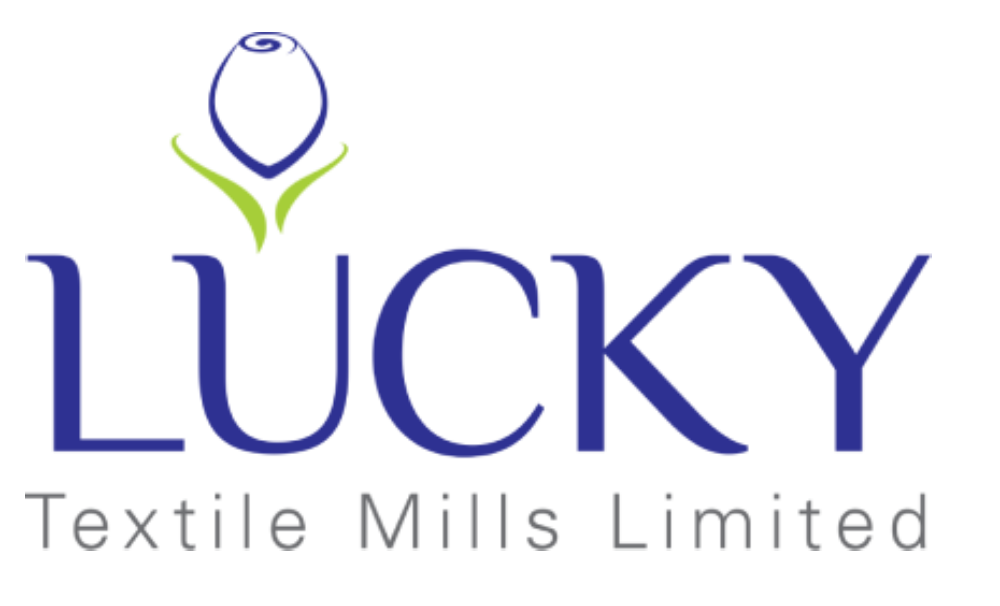Quality is our topmost priority at Lucky Textile Mills Limited. In order to ensure that top quality is delivered to our customers we are constantly striving for excellence; in recognition of our constant pursuit of excellence Lucky Textile Mills Limited has been accredited by several certificates of quality such as:
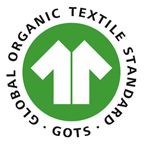

GOTS standard aims to ensure organic status of textile from harvesting, through environmentally and socially responsible manufacturing, up to labeling in order to provide a credible assurance to the end customer.
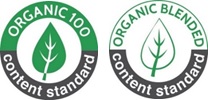

OCS Organic Content Standard (OCS) is a standard for tracking and documenting the purchase, handling and use of certified organically farmed cotton fiber in blended yarn/, fabrics and finished products.


GRS Global Recycled Standard addresses input material verification, chain of custody, environmental principles, social requirements, and labeling for textile products made from recycled materials. It aims to be a full-product standard for recycled material content that balances rigor and practicality for the industry and end consumers.
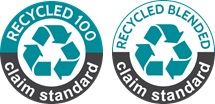

RCS Recycled Claim Standard is used as a chain of custody standard to track recycled raw materials through the supply chain. All stages of manufacturing are required to be certified for recycling. The goal of the RCS is to increase the use of Recycled materials. RCS is a tool to provide assurance to both brands and consumer in order to take informed decisions


OEKO-TEX is an international testing and certification system for textiles for limiting use of hazardous chemicals and substances in the textile product.


The objective of STeP certification is the sustainable implementation of environment friendly manufacturing system, optimum health & safety, and socially responsible working conditions in the entire supply chain.
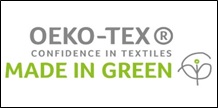

MADE IN GREEN by OEKO-TEX is a traceable product label for textiles products. The MADE IN GREEN label verifies that an article has been tested for harmful substances. It also guarantees that the product has been manufactured using sustainable processes under socially responsible working conditions


DETOX TO ZERO by OEKO-TEX is based on the DETOX campaign where the goal is to exclude hazardous chemicals from supply chain.


The EU Ecolabel is a label of environmental excellence that is awarded to products and services meeting high environmental standards throughout their life-cycle: from raw material extraction, to production, distribution and disposal.


ISO 9001:2015 is a certification for quality management system. Its main objective is to achieve and exceed customer satisfaction through viable documentation and standard processes.


IEC/ISO 17025:2005 is a certification for laboratories for analyzing competency to carry out tests and/or calibrations, including sampling. It covers testing and calibration performed using standard methods, non-standard methods, and laboratory-developed methods.
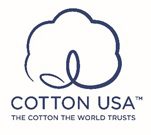

Quality is at the core of U.S. cotton, its aim to give uniform and consistent fibers; helping ensure an end-product. This commitment has positive impact in accuracy, productivity, efficiency and profit all long the supply chain.


We have been a registered member of FDA. The U.S. FDA regulates medical device products intended for the use in the diagnosis, cure, mitigation, treatment, or prevention of disease Registrar Corp provides Registration, U.S. Agent and Regulatory Compliance Assistance for U.S. and Non-U.S. Companies in the Medical Device Industry.
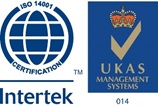

An environmental management system (14001-2015) helps organizations identify, manage, monitor and control their environmental issues in a holistic manner.


The Business Social Compliance Initiative (BSCI) is a leading supply chain management system that supports companies to drive social compliance and improvements within the factories and farms in their global supply chains. BSCI implements the principle international labor standards protecting workers’ rights such as International Labor Organization (ILO) conventions and declarations, the United Nations (UN) Guiding Principles on Business and Human Rights and guidelines for multinational enterprises of the Organization for Economic Co-operation and Development (OECD). .
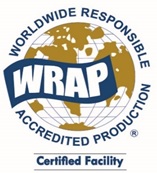

The Worldwide Responsible Accredited Production (WRAP) /program is the world’s largest facility certification program for labor-intensive sectors including the apparel, footwear, home textiles, fashion accessories, leather, cashmere, feather and down, silk, printing, hotels, jewelry, furniture, construction materials, food processing, glassware, home accessories, and more. Facilities receive a certification of six months to two years based on compliance with the 12 WRAP Principles.


SMETA is an audit methodology, providing a compilation of best practice ethical audit techniques. It is designed to help auditors conduct high quality audits that encompass all aspects of responsible business practice, covering Sedex’s four pillars of Labour, Health and Safety, Environment and Business Ethics. SMETA is designed for suppliers to share one audit with multiple customers, meeting multiple customer requirements and reducing duplication in ethical auditing.
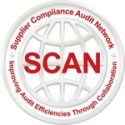

The Supplier Compliance Audit Network (SCAN) is an industry trade association that provides a systematic approach whereby mutually acceptable global compliance standards are achieved in reducing audit and operational redundancy for common supply chain stakeholders while maintaining confidentiality.
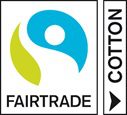

Fairtrade Standards ensure fairer terms of trade between farmers and buyers, protect workers’ rights, and provide the framework for producers to build thriving farms and organizations.


The Business Environmental Performance Initiative (BEPI) is a business-driven service provided by the Foreign Trade Association (FTA) for retailers, importers and brands committed to improving environmental performance in supplying factories and farms worldwide. BEPI provides a practical framework that can support all product sectors in all countries to reduce their environmental impact, business risks and costs through improved environmental practices.


Developed by the Sustainable Apparel Coalition, the Higg Index is a suite of tools that enables brands, retailers, and facilities of all sizes — at every stage in their sustainability journey — to accurately measure and score a company or product’s sustainability performance. The Higg Index delivers a holistic overview that empowers businesses to make meaningful improvements that protect the well-being of factory workers, local communities, and the environment.


To ensure accurate and timely services for textile testing with good professional practices, and continuously meet or exceed need and expectations of our customers.












